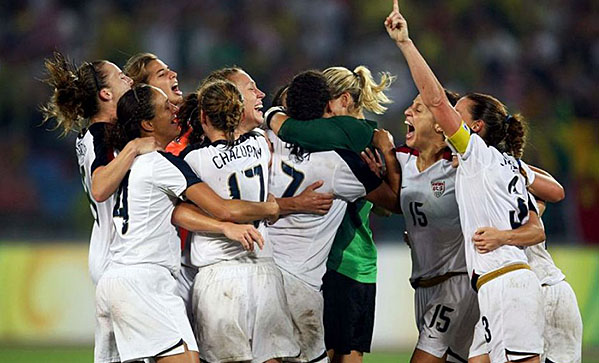When a team is on a hot streak, they have good momentum, right? And if faced with the same ice, team, or other factors as a past victory, they have a better chance of future victory, right? And the team with momentum has an advantage, right? Well, according to a new study: no. Game-winning momentum doesn’t really exist.
A study published in Economics Letters took a look at that elusive factor so favoured in many bar side post-game commentaries, and found that game-winning momentum is elusive because it isn’t real. Researchers used the Western Collegiate Hockey Association (WCHA) for their analysis, examining 916 games over six years. Why the WCHA? Well, first of all, they play all their games on weekends, which neatly eliminates a tonne of variables from the experiment. More importantly, in the WCHA the host team hosts visitors for two-game series, on Friday and Saturday nights. According to Kevin M. Kniffin, one of the study’s co-authors, “In other words, if you’d expect to see momentum occur from one game to the next, this would be the exact situation where it would occur.”
It didn’t occur, though. Winning a Friday night game didn’t predict whether or not a team would win a Saturday night game, and it didn’t help if the winning team won by a large margin.


